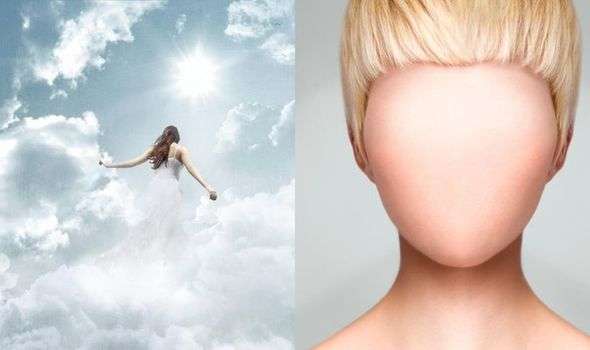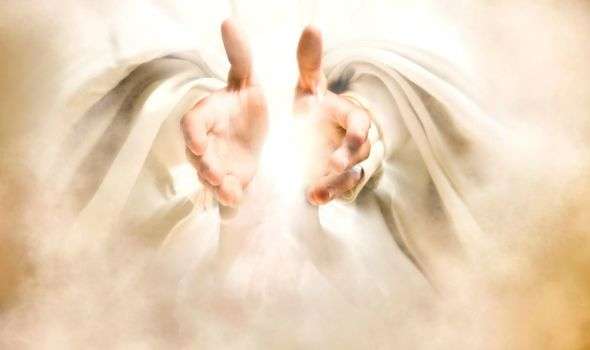A MAN who temporarily died had a terrifying vision where he believes he saw a faceless woman wrapped in a “black hole” in the afterlife.
Near death experiences (NDEs) and the visualisations that come with them are typically strange, but one man potentially lays claim to the weirdest of them all. A person who gives his name as just Peter drowned, which led to his clinical, but temporary death.
Before he could be revived, Peter claims to have had a glimpse of the afterlife – where he saw a faceless woman wrapped in the “void”.
Writing on the Near Death Experience Research Foundation, Peter said: “I remember seeing more dark than light.
“I vividly remember seeing a lady who was wearing a dark robe. The robe had no colour. It was dark, yes. But it was not black.
“Imagine a black hole or void wrapped around you like a blanket. That is what it looked like.
“She had light brown hair, the same colour as caramel or peanut butter. I don’t remember her face, because I am not sure that she had one.”


Suddenly, the “next thing I know is that I was on the ground, freezing cold” following his revival.
Some researchers, however, have said these visions are a normal phenomenon and not necessarily a sign of an afterlife.
Dr Sam Parnia, director of critical care and resuscitation research at NYU Langone School of Medicine in New York City, told an Oz Talk: “People describe a sensation of a bright, warm, welcoming light that draws people towards it.
“They describe a sensation of experiencing their deceased relatives, almost as if they have come to welcome them.

“They often say that they didn’t want to come back in many cases, it is so comfortable and it is like a magnet that draws them that they don’t want to come back.
“A lot of people describe a sensation of separating from themselves and watching doctors and nurses working on them.”
Dr Parnia said there are scientific explanations for the reaction, and says seeing people is not evidence of the afterlife, but more likely the brain just scanning itself as a survival technique.
Neuroscientist Christof Koch, president and chief scientist of the Allen Institute for Brain Science, agreed and wrote in an article for Scientific American: “I accept the reality of these intensely felt experiences.
“They are as authentic as any other subjective feeling or perception.

Trending
“As a scientist, however, I operate under the hypothesis that all our thoughts, memories, precepts and experiences are an ineluctable consequence of the natural causal powers of our brain rather than of any supernatural ones.
“That premise has served science and its handmaiden, technology, extremely well over the past few centuries.
“Unless there is extraordinary, compelling, objective evidence to the contrary, I see no reason to abandon this assumption.
“Modern death requires irreversible loss of brain function. When the brain is starved of blood flow (ischemia) and oxygen (anoxia), the patient faints in a fraction of a minute and his or her electroencephalogram, or EEG, becomes isoelectric—in other words, flat.
“This implies that large-scale, spatially distributed electrical activity within the cortex, the outermost layer of the brain, has broken down.”
Sourse: www.express.co.uk





